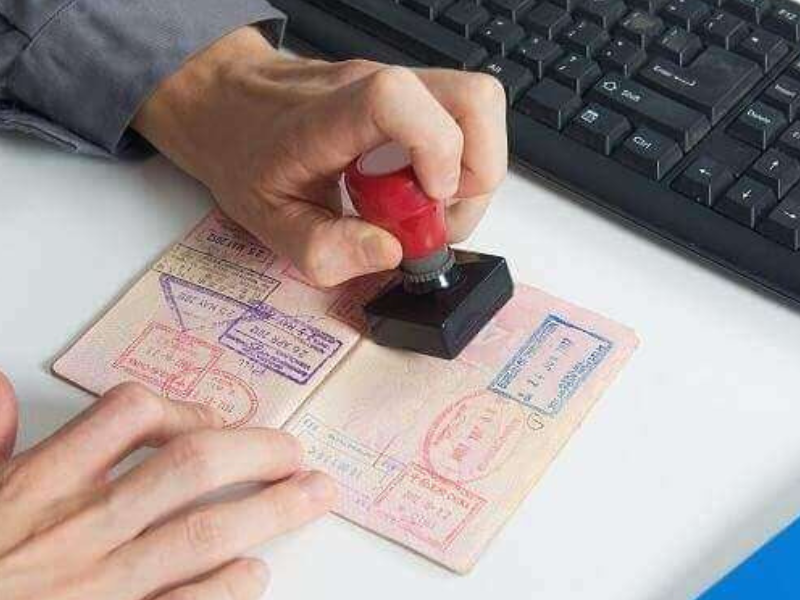A recent crackdown on international student visas in the United States has disproportionately impacted Indian nationals, according to a new report by the American Immigration Lawyers Association (AILA). The organization revealed that nearly 50% of the 327 recent visa revocations it tracked were issued to Indian students.
The AILA report, titled “The Scope of Immigration Enforcement Actions Against International Students,” details how students from India were the most affected, followed by students from China (14%), and others from countries including South Korea, Nepal, and Bangladesh.
The revocations come amid heightened scrutiny from U.S. immigration authorities. Over the past four months, both the U.S. State Department and Immigration and Customs Enforcement (ICE) have increased their screening of international students. Reports suggest that artificial intelligence is being used to monitor student data, including social media activity, raising concerns over privacy and potential misidentification of students with no criminal records or protest affiliations.
In March, U.S. Secretary of State Marco Rubio launched the “Catch and Revoke” program, which monitors F-1 visa holders for potential anti-Semitic activity or support for Palestinian causes and groups like Hamas. Critics argue the program may violate due process and civil liberties.
ICE data also shows that the visa status of 4,736 international students was recently terminated through the Student and Exchange Visitor Information System (SEVIS), most of whom held F-1 visas. Nearly half of the affected students were participating in the Optional Practical Training (OPT) program, which allows them to work in the U.S. for up to 12 months post-graduation.
States most impacted by these revocations include Texas, California, New York, Michigan, and Arizona.
Adding to the concerns, an Associated Press review of university communications revealed that more than 1,000 international students at U.S. academic institutions have lost legal status or had their visas revoked since late March. While Indian and Chinese nationals were most affected, reflective of their large share of the international student population, the crackdown has affected students from across the globe.
India’s Ministry of External Affairs has responded to the situation. Spokesperson Randhir Jaiswal stated, “We are aware that several Indian students have received communication from the U.S. government regarding their F-1 visa status. We are looking into the matter. Our Embassy and consulate are in touch with the students.”
Meanwhile, the broader impact on international travel to the U.S. is becoming apparent. According to recent data from U.S. Customs and Border Protection, inbound travel to the U.S. fell 11% in March compared to the same period last year — the steepest drop since the COVID-19 pandemic. Canadian and Mexican travelers also dropped by 18% and 23%, respectively.
Tourism and education sector insiders warn that if the trend continues, the U.S. could lose over $60 billion in tourism revenue this year alone.






